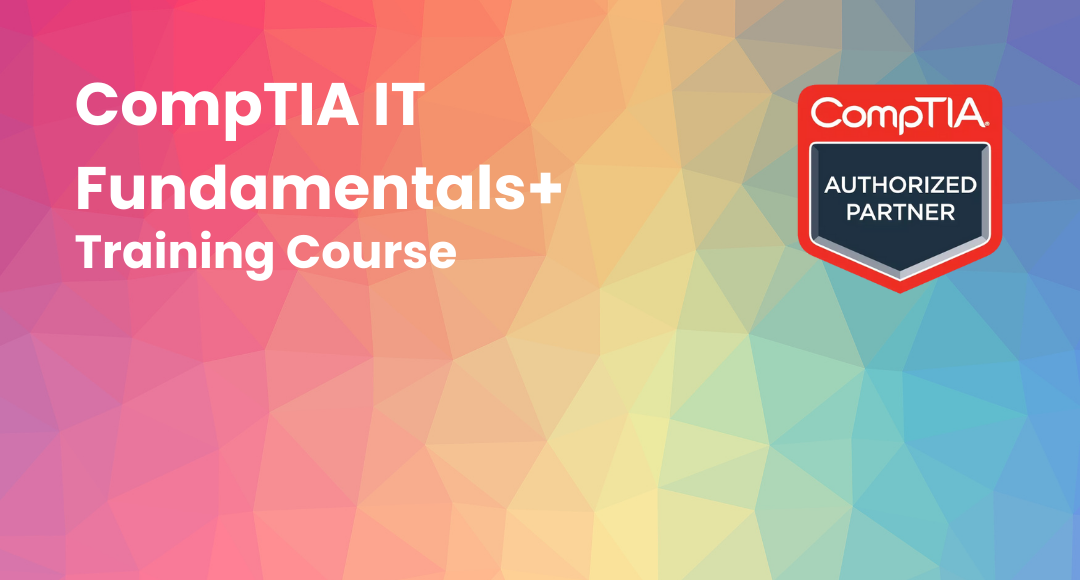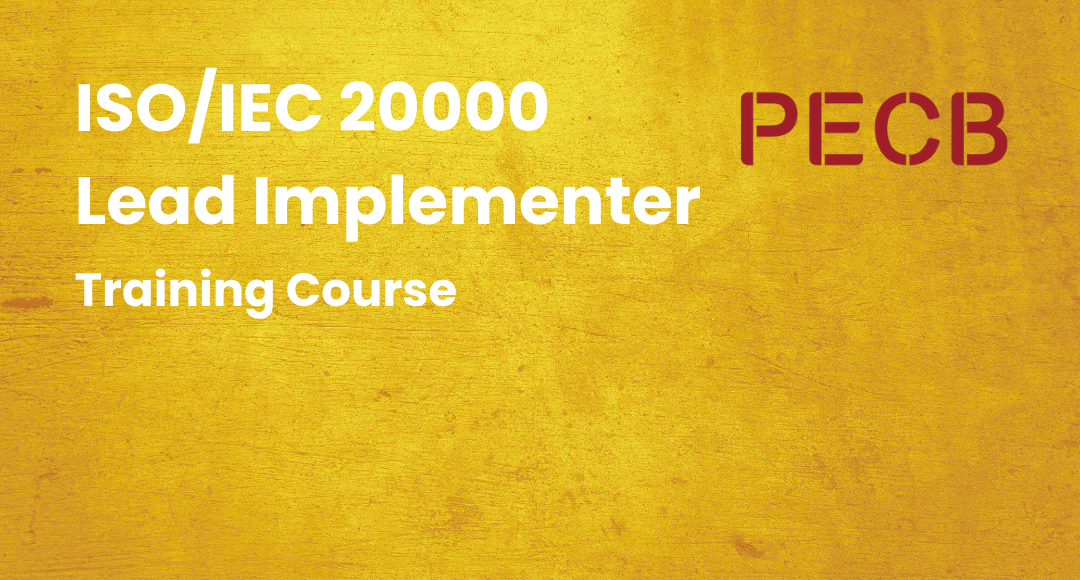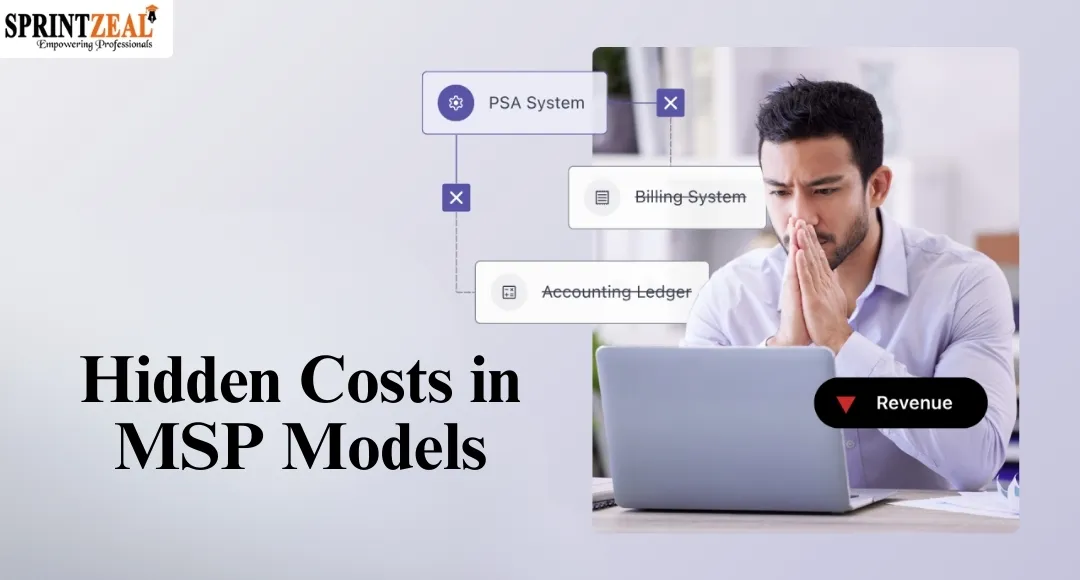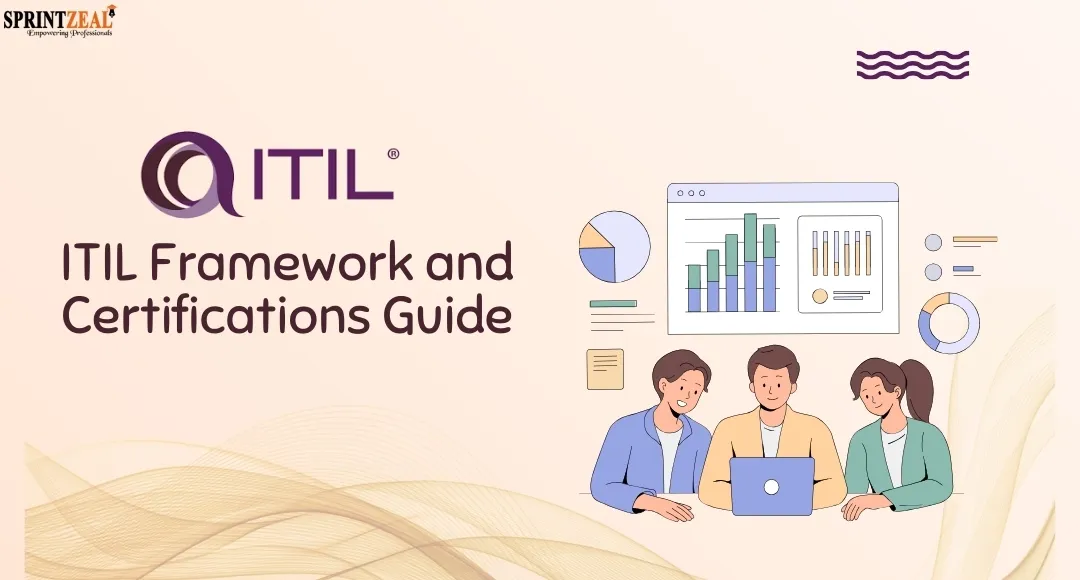What is ServiceNow - A Beginner's Guide
-
 By Niharika Chaurasia
By Niharika Chaurasia
- Published on Dec 14 2022

Table of Contents
Introduction
For businesses, the initial query is, "what is ServiceNow?" Before knowing all about ServiceNow, it is important to understand that each and every business requires a platform to run different businesses that includes service areas like IT, security, customer service, HR service delivery, and business applications.
To achieve full self-service proficiency for different business processes, ServiceNow is a valuable platform. ServiceNow works on the ITIL framework to offer a set of solutions to companies to manage, resolve, and deliver services.
ServiceNow helps businesses to achieve their goals by offering the flexibility, power, and dependability to handle the management’s related incidents.
In this article, we will understand what is ServiceNow. What are the key features? and about ServiceNow consulting in brief. Let us see how this cloud-based platform helps all sizes of enterprises have all their IT solutions under the same roof.
What Is ServiceNow?
ServiceNow is a cloud-based SaaS (Software-as-a-Service) platform for IT Service Management (ITSM). It automates organizational processes and delivers a constant, consumer-like experience. ServiceNow is an American-based company that was founded in 2004 by Fred Luddy.
The design of ServiceNow is based on ITIL guidelines. ServiceNow platform offers a suite of products and services that can help organizations simplify their operations, automate routine tasks, and improve operational proficiency.
It uses machine learning to help businesses become faster and more scalable by supporting data and workflows.
As a cloud-based platform, ServiceNow permits the integration of legacy software. The platform offers connected digital workflows that make work better for people and business operations.
Here are some features mentioned in the image below:
What is the Architecture of ServiceNow?
The architecture of ServiceNow is multi-instance architecture. It is a unique instance that is created to maintain a separate resource stack for each employee.
This helps in dealing with each user’s specific needs and allows dealing on a customer-customer basis.
Data isolation is the main advantage of using the multi-instance architecture of ServiceNow. In multi-instance architecture, the performance of one customer is not impacted by the performance of another customer instance.

Why use ServiceNow?
ServiceNow is best suited for IT service management as it supports the full development cycle, from event tracking to release management.
It provides a unified operational view by combining many service support tools into a single system of record.
Let us see what ServiceNow does. And why use ServiceNow?

Here are the leading reasons for using ServiceNow software:
-ServiceNow provides a platform where all the stakeholders, including employees and customers, can make changes. It provides a single version of the truth, on which everyone in the company agrees in real life.
-It permits employees of all levels to perform their best, and this eventually improves the service level.
-The cost of ITSM is lowered by 60% by adopting the ServiceNow platform.
-ServiceNow technology eases the workflow and makes the process smarter and faster.
-ServiceNow helps replace unstructured work patterns or business processes with intelligent workflows.
-ServiceNow is a SaaS-based technology that provides ease in configuration, updates, deployment, and maintenance.
-Email and web service actions take care of events from a variety of monitoring tools and outside sources.
-It provides a variety of options to seek assistance, such as forms, questionnaires, chat, email, etc.
-It provides a user-friendly self-service portal under the brand name.
-Non-IT staff can install ServiceNow utilizing no-code, low-code, and pro-code solutions without a vendor or third-party consultant specifically designed to automate all business activities.
What are the products of ServiceNow?
ServiceNow is mainly a ticketing tool that is used to manage incidents, changes, and problems.
Since every business has its own unique processes, and over time, ServiceNow has developed tools that can help customize the ticketing process as per business requirements.
ServiceNow products and services are not just limited to ticketing tools. It has developed a set of solutions for different departments to carry out various activities by a company.
Here are the different departments of the companies which have ServiceNow applications for the management of tasks and services.
IT Operations Management (ITOM)
ServiceNow ITOM delivers a comprehensive and integrated set of ITOM capabilities that build seamlessly on ServiceNow ITSM.
For the IT operations function, ServiceNow helps in changing a reactive response team to a proactive business partner. By understanding the connection to the underlying IT resources, it offers visibility into complete business services.
Automating the IT processes increases agility. By giving cloud customers enterprise-ready self-service capabilities, services are kept active in a multi-cloud architecture.
With ServiceNow ITOM, IT can proactively exclude service outages and manage hybrid clouds, including multi-cloud IaaS/PaaS/FaaS services.
Available applications: Cloud management, Discovery, Event Management, Orchestration, Service Mapping, and Operational intelligence.
IT Business Management
The IT business management system ServiceNow provides visibility into project and application portfolios.
It helps in gaining a financial understanding of the cost of service delivery. Also, it allows understanding better management of demand, resources, and budgets.
Available applications: Demand Management, Resource Management, Project Portfolio Management, Agile Development, Test Management, Financial Planning, and Application Portfolio Management.
Software Asset Management
The Software Asset Management faster the outcomes by using software data cross-functionally to make the workflow more efficient and speed up business outcomes.
It reduces risk by embedding software asset management into IT, it changes and acts on unlicensed deployments
It also cut the cost by reducing the overlap and optimizing the license use.
Available applications: Discovery, Normalization, Publisher Packs, Software license harvesting, and Blacklisting.
Security Operations
ServiceNow provides services in security operations through its Enterprise Security Response engine, which provides threat intelligence, configuration compliance, vulnerability response, and security incident response.
The ServiceNow application for security operations is built on intelligent workflows, automation, orchestration, and deep connections with IT on the Now Platform.
Available applications: Security Incident Response, Vulnerability Response, Threat Intelligence, Configuration Compliance, Trusted Security Circles, Performance Analytics for Security Operations, Security Event Management, and Security Orchestrations.
Governance, Risk, and Compliance (GRC)
The Governance, Risk, and compliance transform disorganized processes throughout the extended enterprise into a unified GRC program which is built on the Now Platform.
It makes it possible to respond to business risk in real-time, through continuous monitoring, automation, and prioritization.
Available applications: Policy and Compliance Management, Risk Management, Performance Analytics for GRC, Audit Management, and Vendor Risk Management.
Performance Analytics
It gives stakeholders the power of data in order to provide successful service delivery.
Available applications: Dashboards, Timelines, Spotlights, and Text Analytics for Unstructured Data.
HR Service Delivery
A consumer-like service experience is created by this integrated suite of software, which also boosts HR productivity.
It provides a single place for all the service requirements of the employees like a simple request for information or a multi-departmental process like onboarding.
Available applications: Employee Service Center, Enterprise Onboarding and Transitions, Case and Knowledge Management.
Customer Service Management
Customer service management connects customer services with other departments to recognize and resolve issues in less time, decrease costs, and increase satisfaction.
Available applications: Case management, Field service management, Issue resolution, Visual workflow and automation, Agent intelligence, and performance analytics.
All these departments have specifically tailored solutions by ServiceNow to effectively manage daily activities and tasks.
Related articles
ITIL Guiding Principles Explained
The Importance of ITIL certification and scope for career growth
Conclusion
ServiceNow aims to combine all departments of your business into one system and automate all business activities. It provides cutting-edge technology that streamlines and organizes the procedure to deliver services consistently.
What is ServiceNow? In simple terms, it manages the workflow of companies digitally on a cloud computing platform. The ServiceNow platform is used mainly by employees, the IT support team, administrators, implementers, and developers.
It has a 10-12 month release cycle, with every release; it launches new UI, apps, and updated features. The straightforward response to the question, "why use ServiceNow?" It helps reduce ITSM costs by up to 60%.
ServiceNow is a constantly evolving platform, and it is already in use by many businesses in a wide range of industries. As a result, it has created jobs for IT professionals in several companies.
In addition, ServiceNow uses are not just limited to IT and business industries; they are almost in every area that provides services and support, including healthcare, insurance, the automobile industry, entertainment, media, etc.
Today, ServiceNow is one of the fastest-growing ITSM tools on the market. For a career in IT service management, check out the courses provided by Sprintzeal.
For details about certifications, training, and other queries, reach out to us. Click Here or chat with us, and our course experts will get to you.
Courses to checkout
AWS Certification Training Solution Architect
Popular Programs
ITIL 4 Strategist – Direct, Plan And Improve
Live Virtual Training
- 4.3 (350 + Ratings)
- 24k + Learners
ITIL 4 Specialist: Create, Deliver and Support
Live Virtual Training
- 4.3 (74 + Ratings)
- 41k + Learners
ITIL 4 Specialist Drive Stakeholder Value Certification
Live Virtual Training
- 4.3 (82 + Ratings)
- 62k + Learners
Trending Posts
Hidden Costs in MSP Models for Distributed IT Teams
Last updated on Feb 6 2026
ITIL Framework and Certifications Guide 2026
Last updated on Oct 31 2022
Common Compliance Pitfalls in Remote IT Ecosystems
Last updated on Feb 6 2026
Is ITIL a fit for your organization's culture?
Last updated on Nov 17 2023
ITIL Problem Management Guide for Beginners
Last updated on Dec 15 2023
All about ITIL 4 practices – Updates, Service Types and Benefits
Last updated on Nov 7 2023
Categories
- Other 89
- Agile Management 48
- Cloud Computing 58
- Project Management 175
- Data Science 71
- Business Management 89
- Digital Marketing 90
- IT Service Management 36
- Programming Language 61
- AI and Machine Learning 94
- IT Security 114
- Quality Management 78
- IT Hardware and Networking 28
- Microsoft Program 5
- Workplace Skill Building 15
- Risk Management 10
- Information Security 8
- Leadership and Management 10
- Corporate Training and Development 1
Trending Now
ITIL Framework and Certifications Guide 2026
ArticleTop 25 ITIL Interview Questions and Answers in 2026
ArticleWhat is ITIL – Information Technology Infrastructure Library jobs and Certification Benefits
ArticleHow to become a certified ITIL Expert in 2026
ArticleIs ITIL a fit for your organization's culture?
ArticleITIL Framework Explained (Updated)
ArticleTOP 10 BENEFITS OF TOGAF CERTIFICATION IN ENTERPRISE ARCHITECTURE
ArticleThe Importance of ITIL certification and scope for career growth
ArticleITIL Certification Levels and Job Scope
ArticleWell Explained : The IT Service Management and ITSM Design, Concepts and its Benefits
ArticleAll about ITIL 4 practices – Updates, Service Types and Benefits
ArticleITIL Strategist Certification Overview And Career Path
ArticleEnterprise Architect Interview Questions and Answers 2026
ArticleMost Asked Release Manager Interview Questions and Answers 2026
ArticleHow to Become a Release Manager
ArticleITIL Processes List – 26 ITIL Processes and 5 ITIL Service Lifecycle Stages
ArticleAxelos and TSO launch MSP Foundation app
ArticleITIL Problem Management Guide for Beginners
ArticleITIL Guiding Principles Explained
ArticleServiceNow - What is it, Fundamentals And Features
ArticleA Guide to Enterprise Asset Management
ArticleTop 5 IT Service Management Tools in 2026
ArticleService Value System in ITIL 4 Explained in Detail
ArticleThe ITIL 4 Service Desk Guide – Importance and Types
ArticleWhat Is IT Mapping?—An Essential Guide
ArticleTop 6 ITSM best practices
ArticleESM vs ITSM - Key Differences Explained
ArticleTop Incident Manager Interview Questions and Answers 2026
ArticleHidden Costs in MSP Models for Distributed IT Teams
ArticleHow AI Improves Security for Remote IT Teams
ArticleWhat is AI’s Impact on Strengthening Remote Workforce IT Compliance?
ArticleCommon Compliance Pitfalls in Remote IT Ecosystems
ArticleWhat are Budget-related Risks in Remote IT Infrastructure Management?
ArticleHidden Cybersecurity Risks in Rapidly Expanding Remote IT Infrastructures
ArticleKey Challenges and Strategies for Securing Remote IT Systems
Article

















